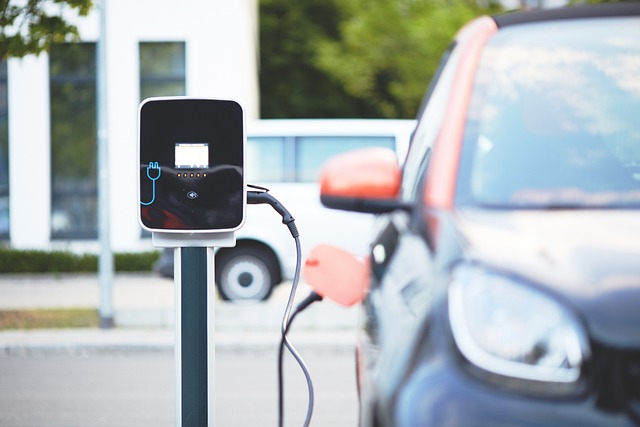Title: Legal Challenges in Regulating Autonomous Vehicles
Introduction: The advent of autonomous vehicles (AVs) presents a complex legal landscape, challenging traditional notions of liability, safety regulations, and traffic laws. As these self-driving cars become increasingly prevalent on our roads, lawmakers and regulators grapple with unprecedented legal quandaries that demand innovative solutions.

Liability in the Age of Self-Driving Cars
One of the most pressing legal issues surrounding AVs is determining liability in the event of an accident. Traditional auto accident laws are predicated on human error, but when a vehicle is operating autonomously, questions arise about who bears responsibility - the manufacturer, the software developer, or the vehicle owner. Some legal experts propose a shift towards product liability laws, while others advocate for a new liability framework specifically tailored to AVs.
Data Privacy and Cybersecurity Concerns
Autonomous vehicles generate and process vast amounts of data, raising significant privacy and cybersecurity concerns. Legal questions abound regarding the ownership, storage, and use of this data. Additionally, the potential for hacking and remote hijacking of AVs presents novel legal challenges in terms of criminal law and cybersecurity regulations. Lawmakers must balance the need for data collection to improve AV technology with protecting individual privacy rights.
Adapting Traffic Laws for Self-Driving Cars
Existing traffic laws were written with human drivers in mind, but AVs operate under different parameters. This disparity necessitates a comprehensive overhaul of traffic regulations. For instance, current laws requiring a human driver to be in control at all times are incompatible with fully autonomous vehicles. Legislators must also consider how traffic enforcement will evolve when dealing with AI-driven vehicles that may interpret and follow traffic laws differently than human drivers.
Ethical Dilemmas and Programming Decisions
Perhaps one of the most challenging aspects of AV regulation involves addressing the ethical dilemmas inherent in programming decision-making algorithms. In situations where harm is unavoidable, how should an AV be programmed to respond? Should it prioritize the safety of its passengers over pedestrians? These ethical questions have significant legal implications, potentially requiring lawmakers to codify ethical guidelines for AV manufacturers.
International Harmonization of AV Laws
As autonomous vehicles cross international borders, the need for harmonized global regulations becomes apparent. Differences in traffic laws, liability regimes, and safety standards between countries could impede the widespread adoption of AVs. International bodies such as the United Nations Economic Commission for Europe (UNECE) are working towards creating uniform guidelines, but achieving global consensus remains a formidable challenge.
The Role of Insurance in the AV Ecosystem
The insurance industry faces substantial disruption with the rise of autonomous vehicles. Traditional auto insurance models based on driver risk assessment become obsolete when humans are no longer behind the wheel. Legal frameworks must evolve to accommodate new insurance paradigms, potentially shifting towards product liability insurance for manufacturers or usage-based insurance for AV owners.
Regulatory Challenges in Testing and Deployment
Balancing innovation with safety is a key challenge in regulating AV testing and deployment. Lawmakers must craft regulations that allow for real-world testing of autonomous vehicles while ensuring public safety. This includes determining appropriate safety standards, establishing protocols for testing on public roads, and creating mechanisms for reporting and investigating AV-related incidents.
In conclusion, the legal landscape surrounding autonomous vehicles is complex and rapidly evolving. As technology outpaces legislation, lawmakers face the daunting task of creating a regulatory framework that fosters innovation while prioritizing safety and addressing ethical concerns. The coming years will likely see significant legal developments as courts, legislatures, and regulatory bodies grapple with the multifaceted challenges presented by self-driving cars. As this technology continues to advance, it is crucial that legal systems adapt to ensure that the benefits of autonomous vehicles can be realized within a robust and flexible regulatory environment.






